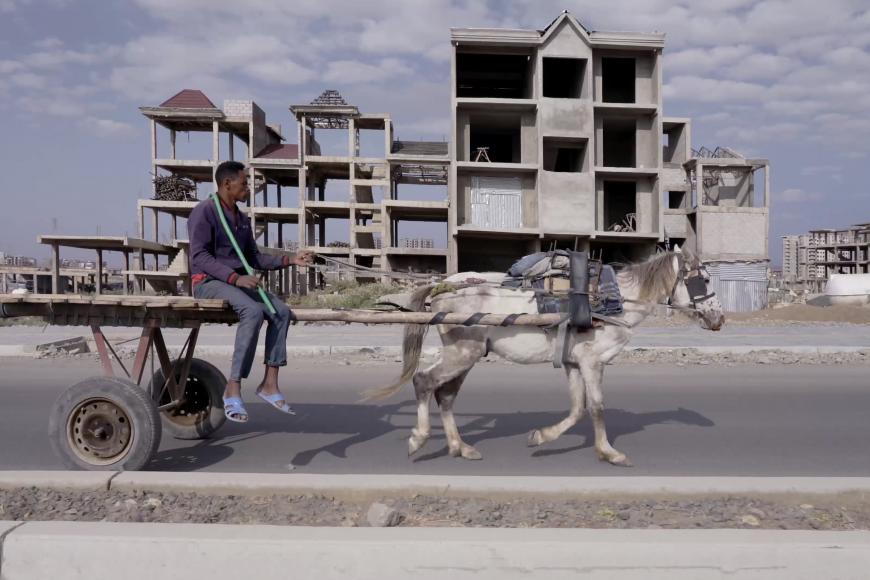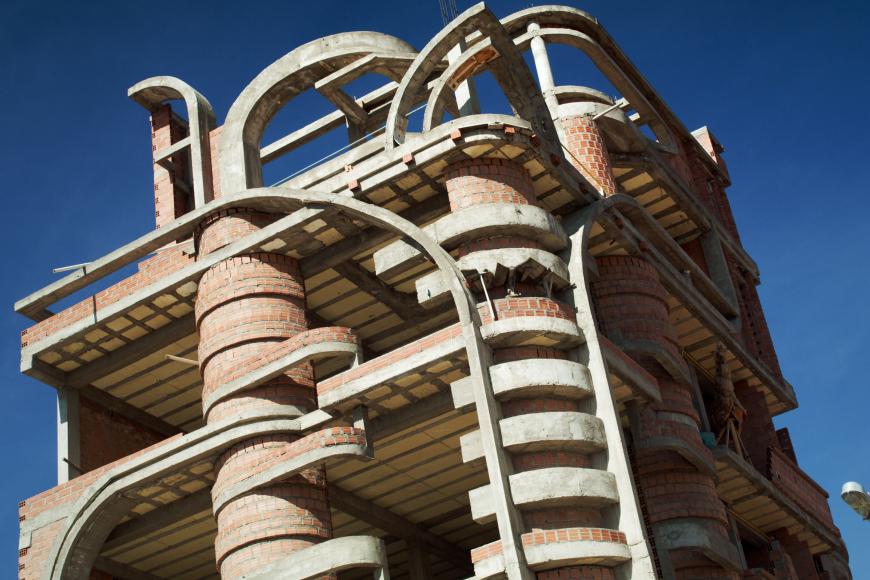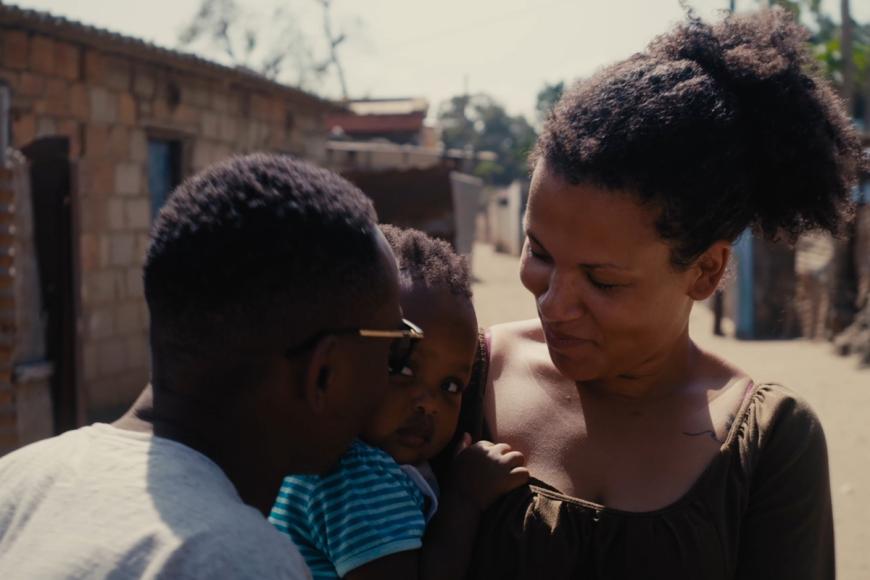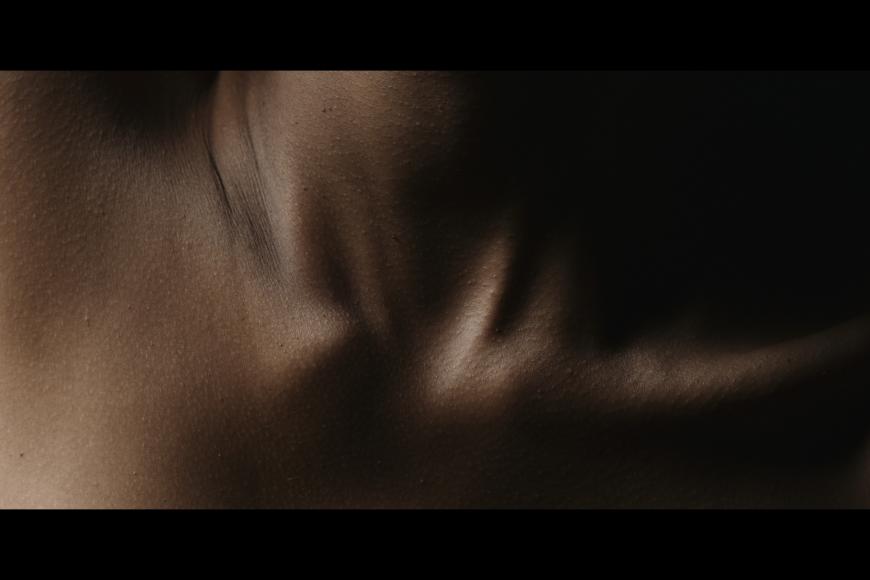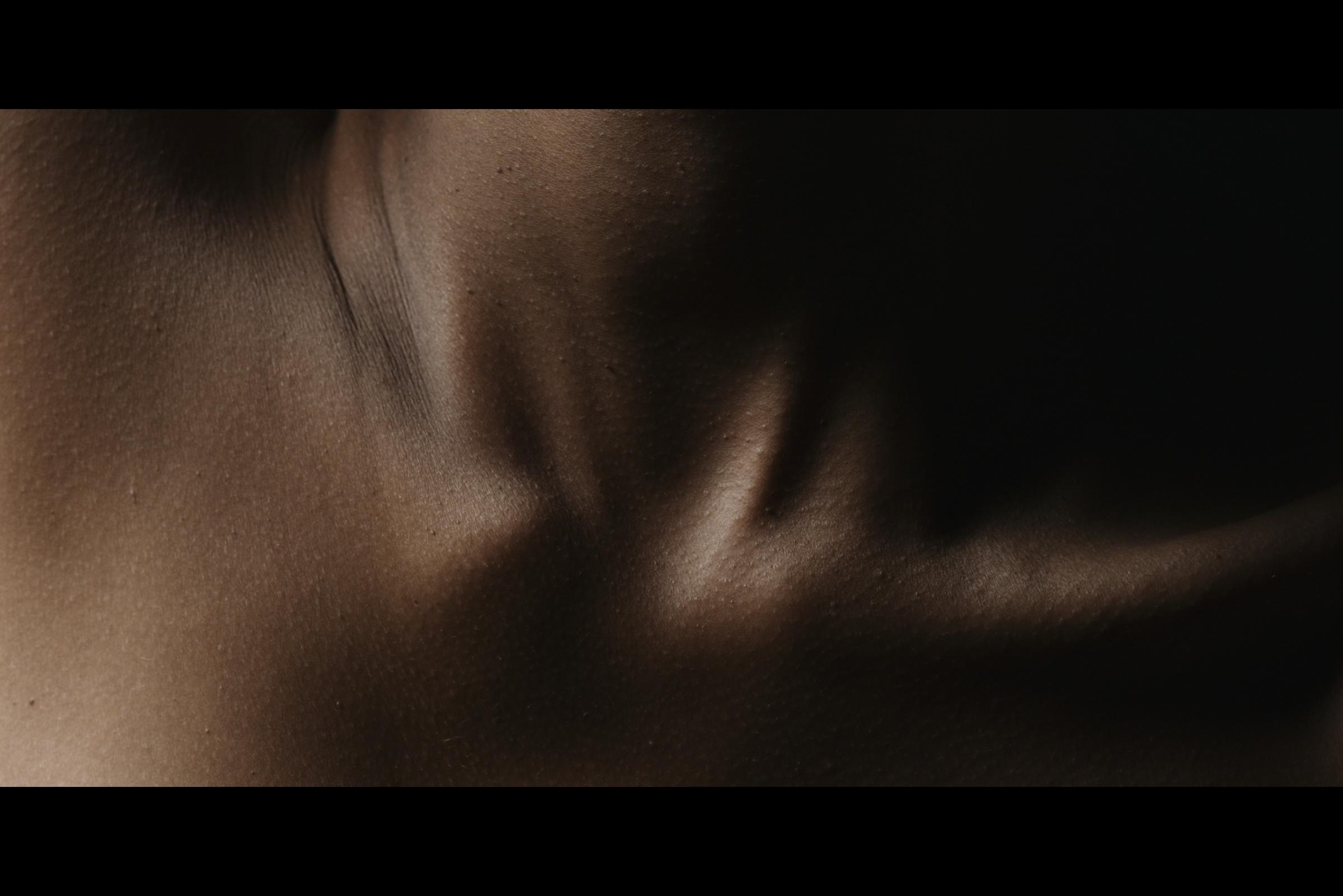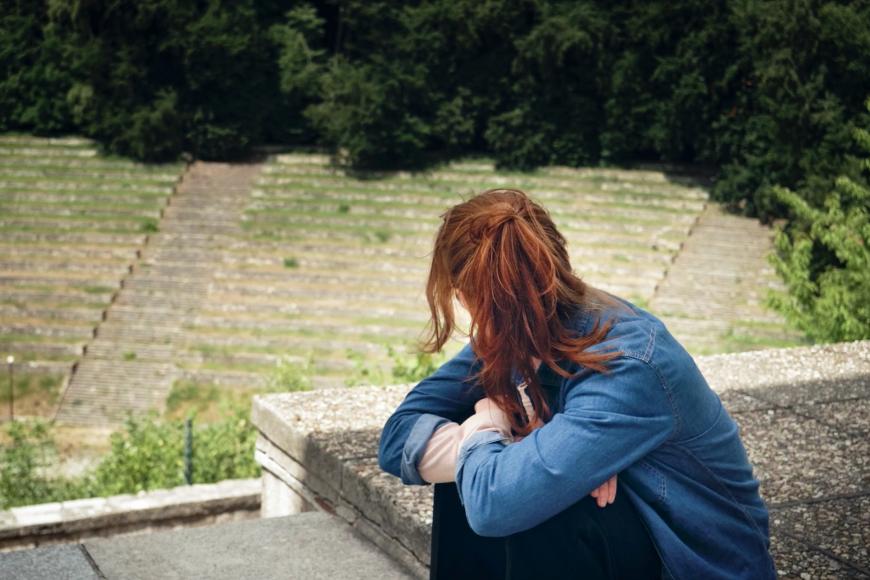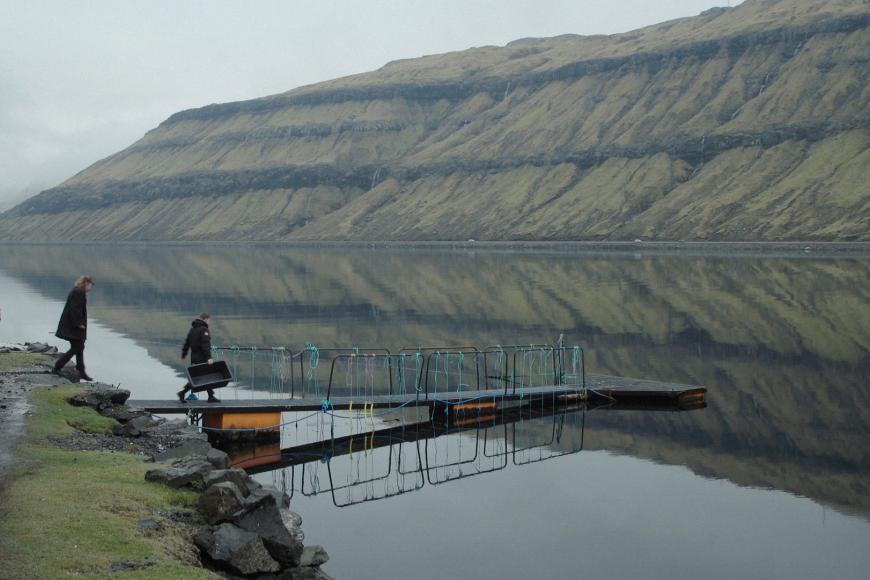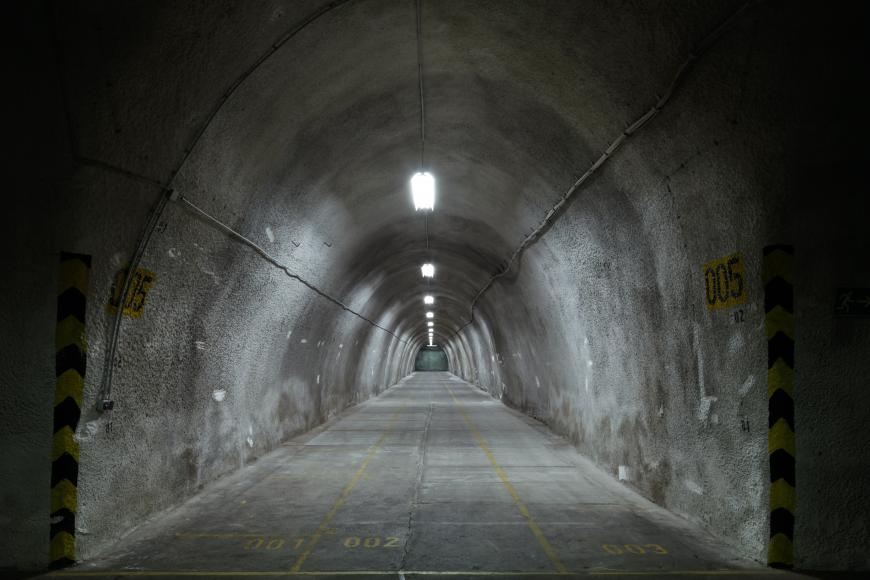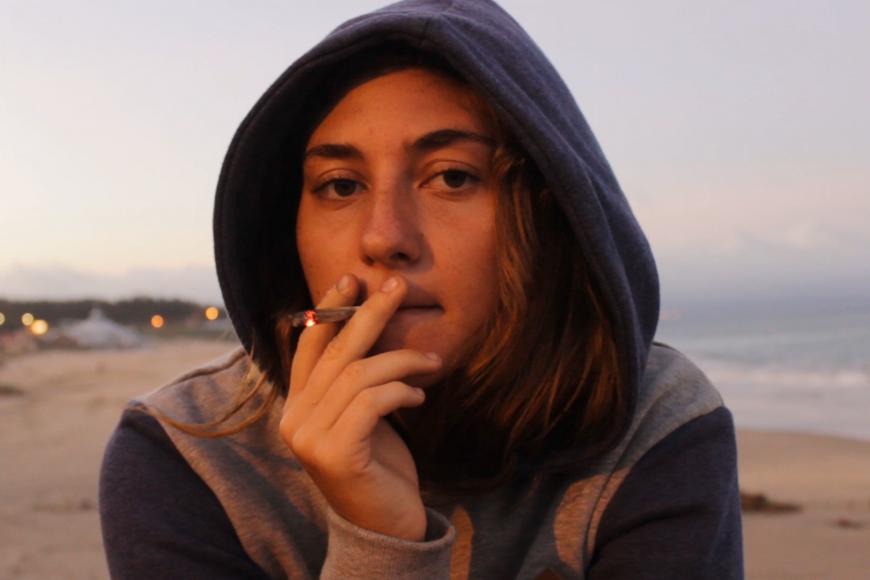
Reality Must Be Addressed
“I have found out that there ain’t no surer way to find out whether you like people or hate them than to travel with them.” Even though Sky and Johanna definitely did not have this quote by Mark Twain in mind, it’s written in the stars of the two young women’s journey through South Africa. A chance acquaintance turns into a relationship that shimmers in all the colours of love. Between Marmite toasts, joints, selfies and music they explore each other inside out. But what happens when the journey ends?

